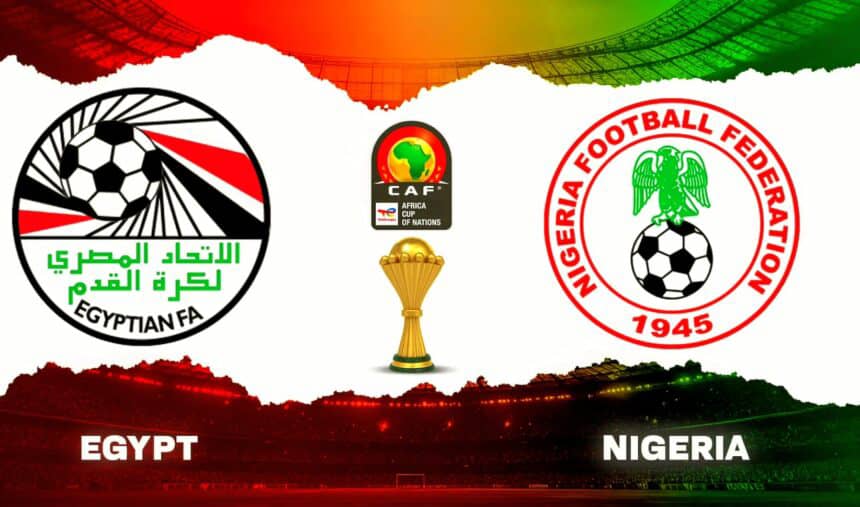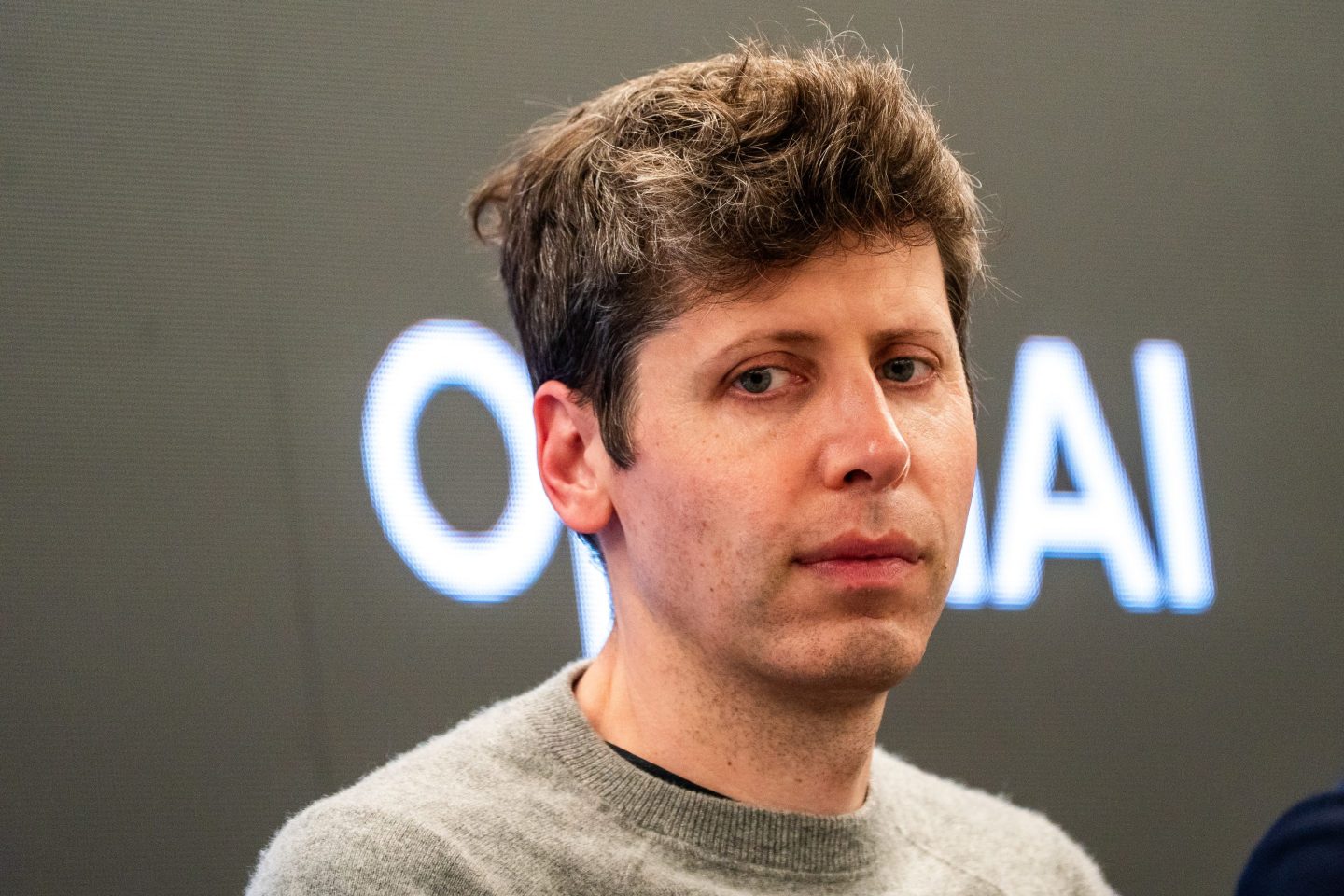Eldee has presented another Lecture sequel to ‘Music Copyrights’, which he delivered a few weeks ago. This time he has chosen to speak on ‘Music Publishing’.
It seems the ‘Lecturer’ is enjoying his new role in educating his fans on key Music production terminologies and concepts.
Enjoy the Lecture!
MUSIC PUBLISHING
Music publishing is one of the least understood but happens to be the most important aspect of the music business.
If you’ve written a piece of original music, you own the copyright to that composition and you get to decide how that copyright is exploited. Exploiting your musical copyright means the owner or representative (Publisher) is putting the song to use in a way that generates money.
The word “exploit” sounds bad but not in the music business. You want to exploit your copyrights, that is how you earn money from it. When you write a song, you’ve created intellectual property which can be bought and sold, licensed or transferred to 3rd parties.
Music Publishers are responsible 4 ensuring songwriters/composers receive payment when their compositions are used commercially. Music publishing is how songwriters/composers earn the bulk of their income. If u’re serious about earning, you need to pay attention to it.
Music publishing enables artists that perform original music to make money while working to pay off their debt to the record label. Music Publishing is how you can monetize your compositions and earn royalties for their usage on radio, TV, in live venues, and many more.

Eldee
How it works? When you write a song, it is automatically divided into two equal halves: the writer’s share (50%) & publisher’s share (50%). If you don’t have a publishing deal, you are considered to be self published & you own the whole pie: 50% as writer, 50% as the Publisher.
If you have a publishing deal, someone else owns part of your pie, and possibly your copyright as well. Remember, your copyrights give you 6 exclusive rights, meaning only you can give permission/authorization to 3rd parties.
When you sign up with a publisher, you are extending those rights to the publisher so they can act on your behalf. So, if you can own 100% of the pie, why hire a publisher? Good question. There are many reasons to engage a publisher for your works.
A publishing deal may give you a cash advance, so that you don’t have to keep your day job. This allows you to just focus on creating music. Having a publisher can give you better status & help you get in with songwriting circles, or help you pitch your songs to big name artists.
Publishers help with registering & administration of works of songwriters & composers with appropriate collecting societies and agencies. Publishers help with licensing the use of the works, either directly in the case of an individual or via the collecting society network.

Publishers promote songwriters/composers and their works to performers, broadcasters, record companies & others who use music commercially. Publishers monitor and track the use of the works that they own/administer ensuring that proper payment is made for all licensed uses.
Publishers take appropriate action against anyone using licensed works without the necessary authorizations. Publishers make royalty payments to songwriters and composers in respect of the usage of their works. So, If you choose to own 100% of the pie, you must be willing to manage all the previously mentioned tasks that publishers handle for you.
Smart songwriters and composers get publishing deals unless they have the capacity to do what a publisher can do, and very efficiently. In return for providing services, Publishers get a % of the revenue generated by songwriter/composer’s musical works &/or sound recordings.
So, for musical works, the songwriters/composers transfer their rights to the publisher allowing publishers earn a % of the royalties earned.
MECHANICAL RIGHTS – The right to reproduce musical work in a sound recording. This is the right to duplicate a piece of musical work. This is one of the rights Boys2Men would’ve needed from The Beatles to be able to duplicate copies of their own version of “Yesterday”.
Remember: Mechanical rights are owned by the songwriters and composers, not the performer (Artist) unless he is playing both roles.
So, The Beatles (or whoever owns their copyrights now) will earn Mechanical royalties from Boys2Men’s version of “Yesterday”. Make sense??
If you wish to do a cover of Adele’s “Hello” and you intend to earn from it, you must acquire a mechanical license from the publisher/owner.
Copyright Law requires you to obtain a mechanical license before distributing a recording containing any song/composition they didn’t write.
For example, if you are recording “Let it Be” by the Beatles, you are going to need to obtain a mechanical licensing agreement from Sony. However, If you are recording a song that is considered “public domain”, you wouldn’t need to obtain a mechanical license for it.
A musical work is in “public domain” if it is no longer under copyright protection or doesn’t meet the requirements for copyright protection. Good news is that you can cover songs and actually earn from them so long as you do the right thing and acquire a license from the owner(s).
But ermm, some licenses are easier to get than others, and for certain songs it may be nearly impossible to obtain the mechanical license. I once recorded a song with Ciara “Dial tone”, & I ended up not being able to use it cos I couldn’t get the publisher to license it to me.
If you plan ahead & get licenses before recording, you won’t end up recording any music that you later find out you can’t use. Luckily, finding out who owns the rights to certain songs, and applying for a license for them is a lot easier with the internet.
In the U.S, the Harry Fox Agency is the largest provider of mechanical licensing agreements for previously released songs. If Harry Fox Agency represents the song you want to record, you will be able to apply online through them for the license.
If you live in the States, try Limelight. They take care of the whole process of obtaining mechanical licenses for you from start to finish. I’m not aware of any licensing companies in Nigeria. If you know of any, please share. Who knows, I may just start one up.
So…hopefully you understand what mechanical rights and mechanical licenses are and do now.
PERFORMING RIGHTS – The right to perform music in public. You’re required to pay music rights owners if you plan to perform their music live.
Public performer means a musician or group who is not the copyright holder that is performing a piece of music live. Eg. Wedding bands. Performances are considered “public” if they take place in a public place & the audience is outside of a normal circle of friends & family.
Permission to publicly perform a song must be obtained from copyright holder or collective rights organization the owner is registered to. As a live/cover band, you can obtain a license from COSON (In Nigeria) to use all of the music in their repertoires. This is your Safest bet.
If you’re a live/cover band in 9ja without a license & you’ve not been accosted yet, COSON will soon come for you. Give yasef brain now. Public performance also includes broadcast on TV, cable TV, radio, and any other transmitted performance of a live song.
The law requires you to obtain a license if you own a bar, lounge, club, hotel, or any establishment where music is played publicly. These are global laws, they are not unique to Nigeria. Public Performance licenses are issued by authorized collective rights organizations.
Radio stations also have to license the music they play and pay royalties either to music publishers or respective CROs. The revenue generated from all that licensing is distributed to copyright owners by CROs and music publishers. This is one of the areas where Nigerian songwriters and composers are leaking the most revenue.
Imagine if every bar, club, hotel, bank, event venue, radio station, TV in 9ja paid these licenses. This form of piracy is worse than Alaba.
PRINT RIGHTS are the rights to print the music in sheet music, folio or other similar forms. PRINT RIGHTS include the right to print some or all of the lyrics of a song in a book, blog, website or magazine article.PRINT RIGHTS are usually administered by the music publisher or its agent. If you are posting up song lyrics on your blog, website, app, etc. By law, you NEED a Print license from the Publisher/copyright owner(s
SYNCHRONIZATION aka “SYNC” RIGHTS are the rights to use the music in synchronization with visual images. A producer must obtain a “synch” license in order to use music in a movie, TV show, Short film or TV commercial.
Synch rights are usually administered by agents for the publisher. The law requires every motion picture to license the music within it.
This may be inaccurate. Coson is a CRO, not a music publisher. There are some rights & licenses COSON can not issue.
CROs license & collect only for performance rights. Thats why they are also called Performance Rights Organizations.
INDIVIDUAL SONG AGREEMENT – a single song contract formed between songwriter & publisher.
Here, publishing rights are given to music publisher in the hopes of getting that 1 song recorded by a performer so as to earn royalties.
Usually, songwriter/Composer will split the income from a single song with the publisher 50/50.
There are other things that need to be considered when there are multiple songwriters on the song.
Usually the publisher will retain the full 50% if there is more than 1 songwriter and all of the songwriters sign the contract.
The publisher would take 50% of the song and the writers would split the other 50% equally. So if there are 2 writers, they get 25% each.
Smart songwriters take Individual song contracts to qualified entertainment lawyers before signing. Give yasef brain o. Because the individual song contract applies only to the song or songs specifically mentioned in the agreement,..
..the writer can go to different publishers with other songs and give each one only those songs that U
Under the EXCLUSIVE SONGWRITER AGREEMENT, the songwriter agrees to assign all compositions written during a specified term (Eg. 2yrs) it is really interested in promoting. The exclusive agreement may come with a recoupable advance depending on your songwriter brand valuation. Usually weekly or monthly payments.
For example, if a songwriter is being paid N60,000 per month in advances, N720,000 will have been advanced in the first contract year. Usually, advances will be deducted from any royalties that are due to songwriter from the exploitation of the copyrights.
One of the values of such an exclusive relationship with a publisher is that the writer is guaranteed a steady income. Next… CO-PUBLISHING AND PARTICIPATION AGREEMENT.
Under the co-publishing agreement, the songwriter co-owns the copyright with publisher & also receives a portion of the publisher’s income.
Under the PARTICIPATION AGREEMENT, the writer shares in the publisher’s income but does not become a co-owner of the copyright.
PUBLISHING ADMINISTRATION AGREEMENT- here the publisher receives the right from owner to administer a composition or group of compositions. Here publisher licenses to commercial users of songs and collects royalties from all music users for a specified term…
… and publisher usually receives an “administration fee” of from 15% to 25% of all income earned during the term of the agreement. Lastly… FOREIGN SUB-PUBLISHING AGREEMENT – This is pretty much the same thing as an administration agreement, but involves foreign partners.
Here, publisher is contracting with another publisher in a foreign country to represent its catalogue of songs in that territory. The fees retained by the foreign sub-publisher for its services are negotiable but are somewhere between 5% and 25%.







Leave a Reply